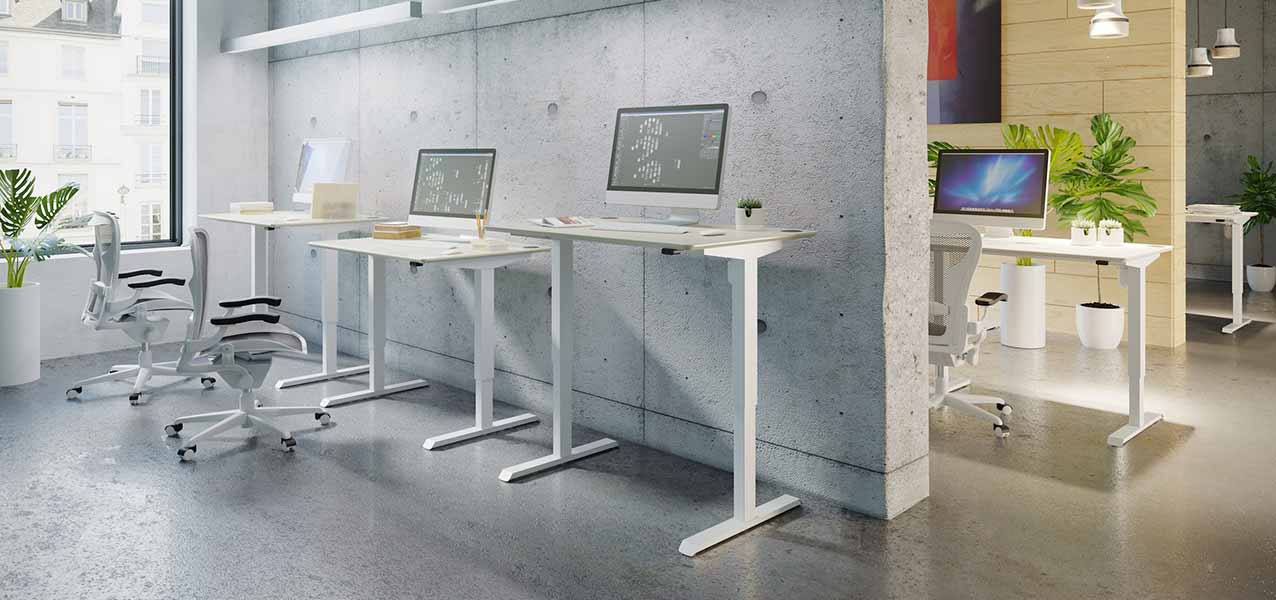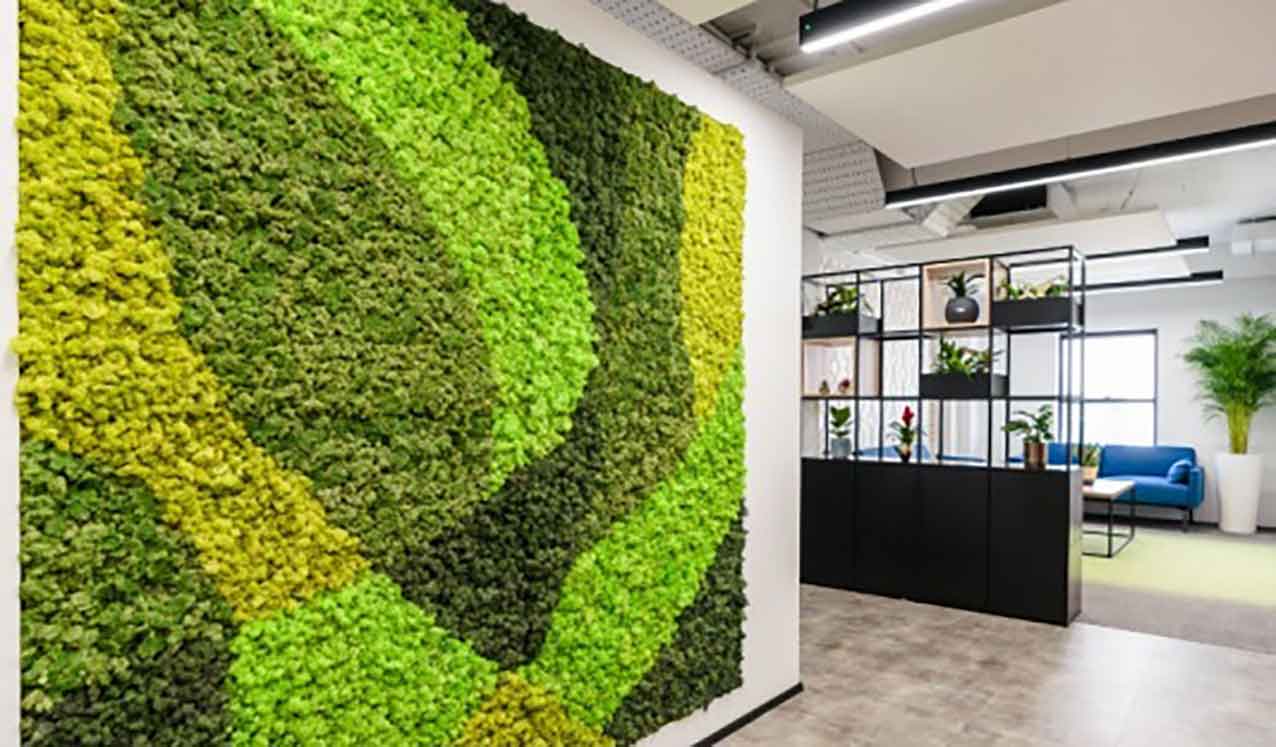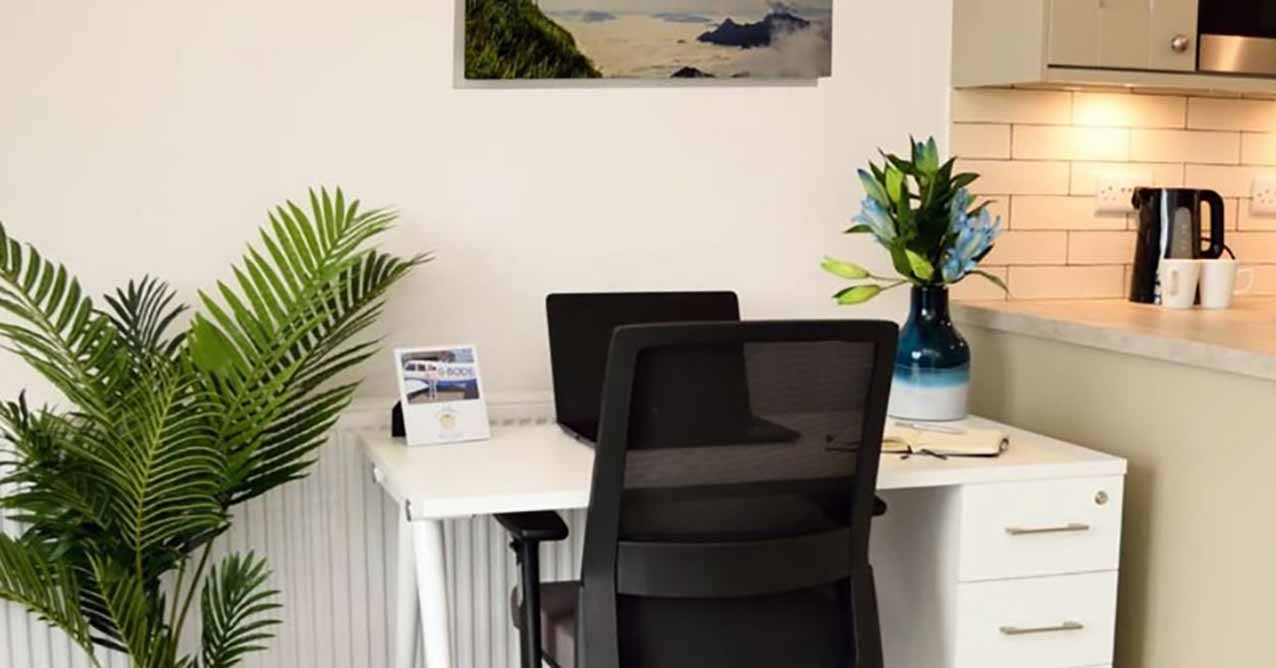The rise of office pods in the UK: privacy, practicality and the end of the open-plan ideal
Posted on 2 October 2025
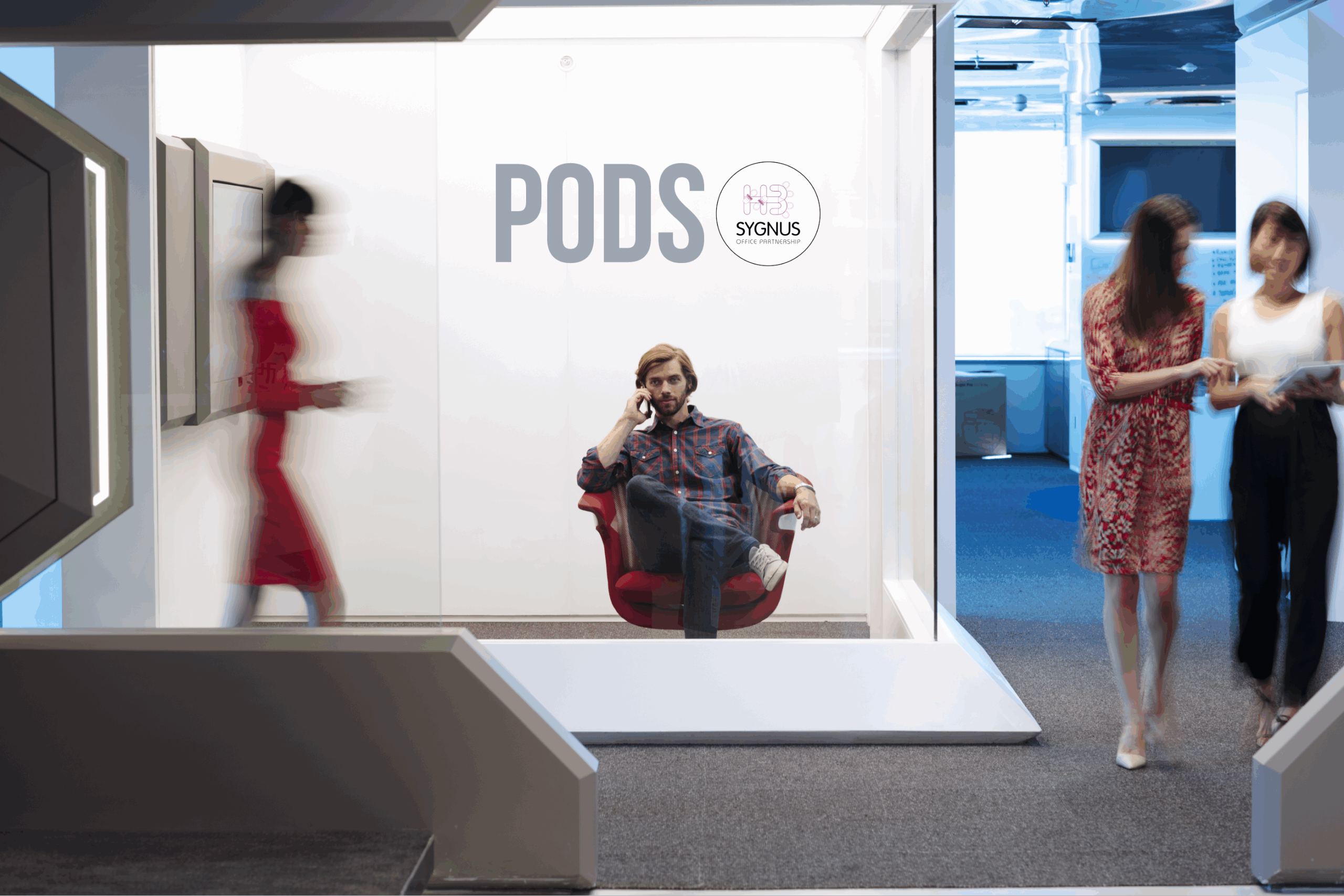
Quick summary: As organisations reshape offices for hybrid and flexible working, modular privacy solutions — often called pods, booths or privacy booths — are becoming a mainstream response to the limits of open-plan layouts. Market research shows strong growth in demand for pods globally, and design press and industry commentators report rapid adoption in the UK as employers try to balance collaboration with noise control, confidentiality and employee wellbeing.
Once seen as gimmicks or cramped cubicles, modern pods have been redesigned for comfort, acoustics and style. Modular, freestanding booths now appear in mainstream office schemes — used for private calls, heads-down focus work, one-to-ones and small meetings. Analysts expect the meeting/office-pod market to expand rapidly over the coming decade, reflecting broader demand for flexible, reconfigurable office space.
Global market reports quantify that change: the “office pods” market was valued in the hundreds of millions of dollars in recent years and is forecast to grow at double-digit CAGR through the 2020s as employers invest in acoustic and privacy solutions. That growth is driven by hybrid working, the need for flexible space, and organisations’ attempts to make the office attractive and functional for people who now split time between home and workplace.
Employees are asking for separation, so we’re asking ‘what are the human reasons?’ The resurgence of pods is less about furniture fashion and more about human needs. Well, there are a few well-evidenced drivers:
- Acoustic distraction and concentration: Open-plan offices increase noise and interruptions, which reduce deep-work time and can hurt productivity. Studies and reviews over the last decade have repeatedly challenged the assumed benefits of large open-plan floors, showing unintended drops in focused collaboration and increases in electronic communication as teams try to cope. Pods give people a place to escape noise without completely leaving the office. To read more on this please read the following: British Psychological Society+1
- Confidential conversations & hybrid meeting etiquette: With calls, video meetings and private conversations now routine, staff need enclosed spaces to talk without disturbing others — and to avoid being overheard. Pods provide small, bookable rooms for moments that require confidentiality or clearer audio.
- Control & psychological safety: Employees value the ability to control sensory input (sound, sight, personal space). For neurodivergent people, parents on childcare rotas, or anyone who finds open noise stressful, a private booth can be the difference between being able to work in the office or preferring to stay home. Modern workplace design increasingly treats control and choice as central to inclusion.
- Aesthetic + signalling function: Pods also act as a visible signal that the employer takes comfort and wellbeing seriously — important for talent attraction as employees judge workplaces by how well they support varied ways of working.
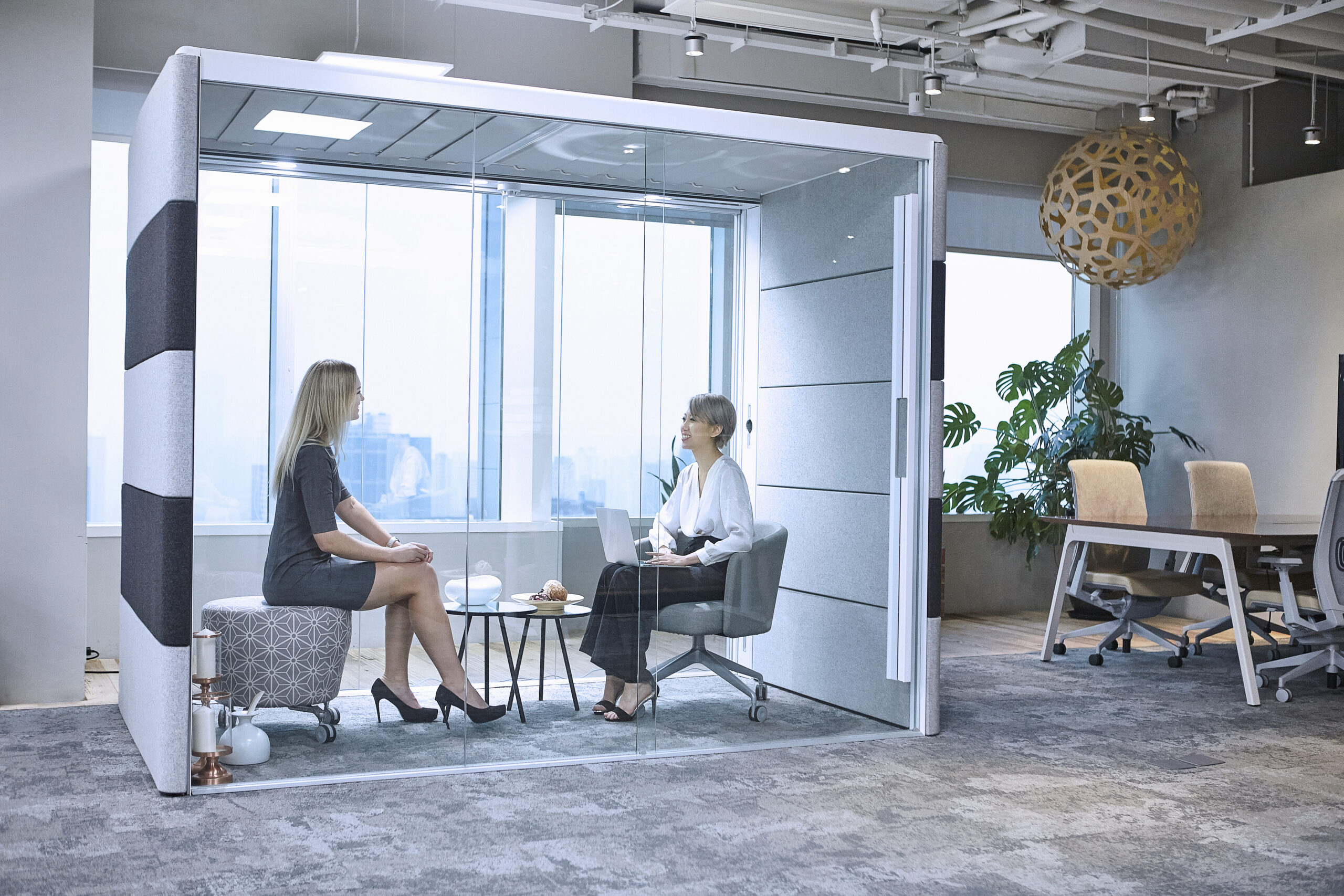
How this reflects a changing attitude to open-plan offices
Open-plan design was adopted widely for cost, flexibility and the promise of spontaneous collaboration. But over the last decade a clearer evidence base has emerged showing that open plan often reduces—not increases—meaningful interaction, while amplifying distraction and stress for many staff. Organisations are therefore moving from a “one-size-fits-all” approach to a hybrid model of open common areas + pockets of enclosure — and pods are a quick, lower-cost way to retrofit privacy without major building works.
Practical considerations for employers and workplace leaders:
If you’re considering pods as part of an office strategy, think beyond simply “buying booths”:
- Purpose first: Define how pods will be used (private calls, focus work, meetings, wellbeing/rest). Different use cases require different sizes, ventilation and acoustic performance.
- Acoustics & ventilation: Look for third-party acoustic ratings and ensure pods have adequate airflow for comfort and health — especially for longer use.
- Booking & etiquette: Implement booking systems and clear norms so pods aren’t treated as permanent desks and remain available for short, high-value uses.
- Integration with hybrid policy: Pods are most effective when paired with a clear hybrid/hot-desk policy; they support in-office days by giving workers a purpose for coming in (collaboration zones + private focus zones).
- ROI and measurement: Track usage, employee satisfaction and any change in meeting drop-outs or productivity metrics to justify investment — market analysis suggests the sector is growing because businesses recognise measurable improvements.
So what does this mean for UK employers? The office of the future is likely to be neither fully open nor fully cellular. Rather, it will be an adaptable mix of collaborative neighbourhoods and enclosed booths — a setup that acknowledges differing work styles and the lessons learned from open-plan disappointments. Pods are an efficient, scalable tool to deliver that mix, especially for organisations with limited capital for major fit-outs. Market forecasts back this up: adoption and spend on pods and private booths are rising as firms prioritise both flexibility and privacy.
How Sygnus can help
If your organisation is rethinking its workplace strategy, Sygnus can advise on how to integrate pods, acoustic solutions and flexible workplace policies so they deliver real value — in comfort, wellbeing and measurable productivity. We combine space planning, product selection and behavioural guidance to ensure pods are used effectively, not just installed as an afterthought.
Interested in exploring pod solutions for your workspace? Contact the Sygnus team to arrange a consultation and site review: [sygnus-uk.com/contact].
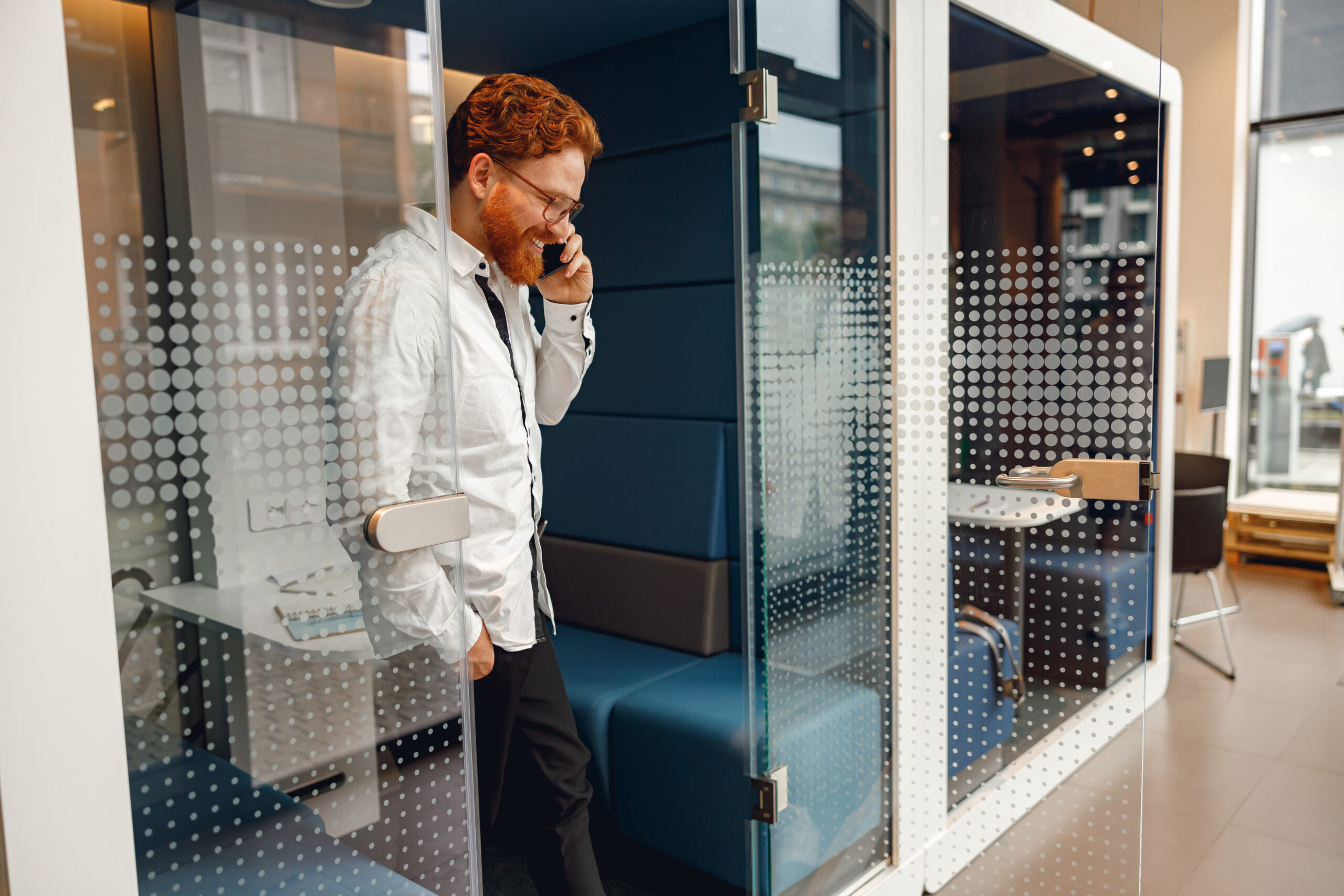
Sources & further reading
Key sources used in this briefing include market analyses and feature articles on the growth of meeting/office pods and critiques of open-plan office design. Notable coverage: Financial Times on the surge in office pods; market research reports from Fortune Business Insights and MarkNtelAdvisors; academic and professional commentary on the limits of open-plan design.
Tagged as:

